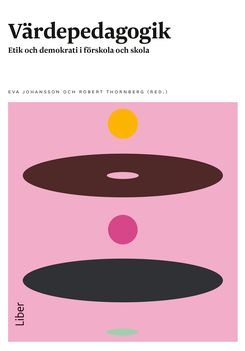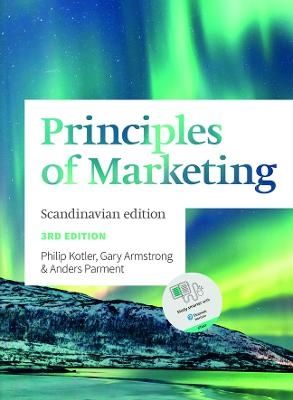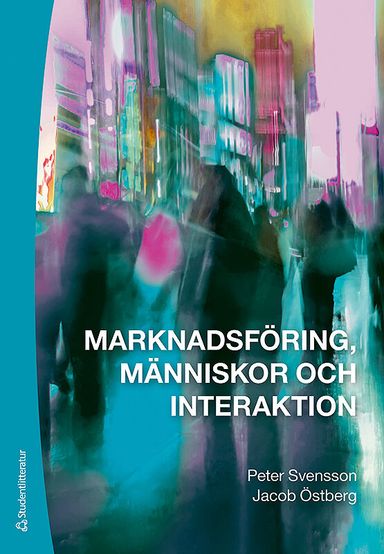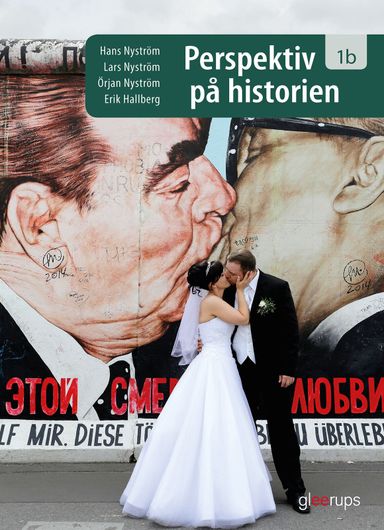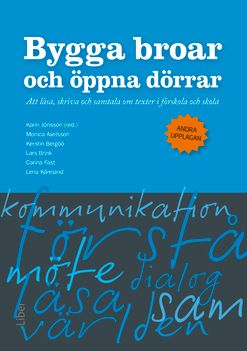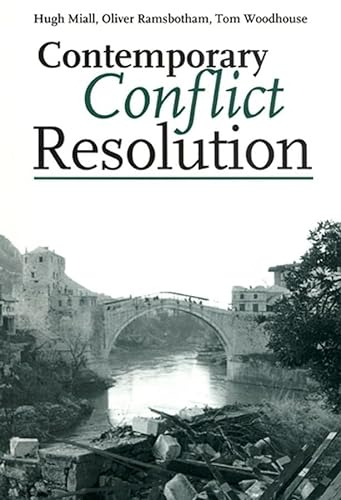

Contemporary Conflict Resolution
- Utgiven: 1999
- ISBN: 9780745620343
- Sidor: 288 st
- Förlag: Polity Press
- Format: Inbunden
- Språk: Engelska
Om boken
This is the first integrated survey of conflict resolution since the Cold War, offering an ideal introduction to the subject and an authoritative assessment of its current stage of development. What steps can be taken to prevent, manage and resolve major civil and international conflicts such as those in Bosnia, Rwanda, Palestine, Cambodia and Kosovo? What can we learn from conflicts where settlements have been reached, such as in South Africa, Northern Ireland and Mozambique? How can we respond effectively to contemporary conflicts?
Using original interpretations of conflict theories, case studies and examples of current practice, the authors analyse responses at different phases of conflict, from prevention and intervention in war zones to war endings and post–settlement peacebuilding.
Since the end of the Cold War, conflict prevention, conflict resolution, peace–keeping and peace–building have risen to the top of the international agenda. The second edition of this hugely popular text charts the development of the field from its pioneers to its contemporary exponents and offers an assessment of its achievements and the challenges it faces in the changed security environment of the early 21st century.
The book has been extensively revised and expanded. Existing material has been thoroughly updated and new chapters added on peace–building from below; reconciliation; responding to terror; gender issues; the ethics of intervention; dialogue, discourse and disagreement; culture and conflict resolution; and future directions for the field.
The first part offers an original and comprehensive survey of the theory and practice of conflict resolution in contemporary conflicts. It gives a clear picture of the state of the art in preventing, limiting and ending violent conflicts, post–war reconstruction, peace–building and reconciliation. Drawing on up–to–date statistics of conflict and contemporary case studies, the book explores the scope for conflict resolution and also the formidable obstacles it faces.
The second part enters into the controversies which have surrounded conflict resolution as it has become part of the mainstream. Addressing critiques of the field, the authors argue that a new form of cosmopolitan conflict resolution is emerging that is neither a marginal and visionary enterprise nor a tool of the powerful, but offers a hopeful means for human societies to transcend and celebrate their differences.
Contemporary Conflict Resolution 2nd edition is essential reading for all students of peace and security studies, conflict management, international politics and related disciplines.
Åtkomstkoder och digitalt tilläggsmaterial garanteras inte med begagnade böcker
Mer om Contemporary Conflict Resolution (1999)
I maj 1999 släpptes boken Contemporary Conflict Resolution skriven av Hugh Miall. Den är skriven på engelska och består av 288 sidor. Förlaget bakom boken är Polity Press.
Köp boken Contemporary Conflict Resolution på Studentapan och spara pengar.
Referera till Contemporary Conflict Resolution
Harvard
Miall, H. (1999). Contemporary Conflict Resolution. Polity Press.
Oxford
Miall, Hugh, Contemporary Conflict Resolution (Polity Press, 1999).
APA
Miall, H. (1999). Contemporary Conflict Resolution. Polity Press.
Vancouver
Miall H. Contemporary Conflict Resolution. Polity Press; 1999.


